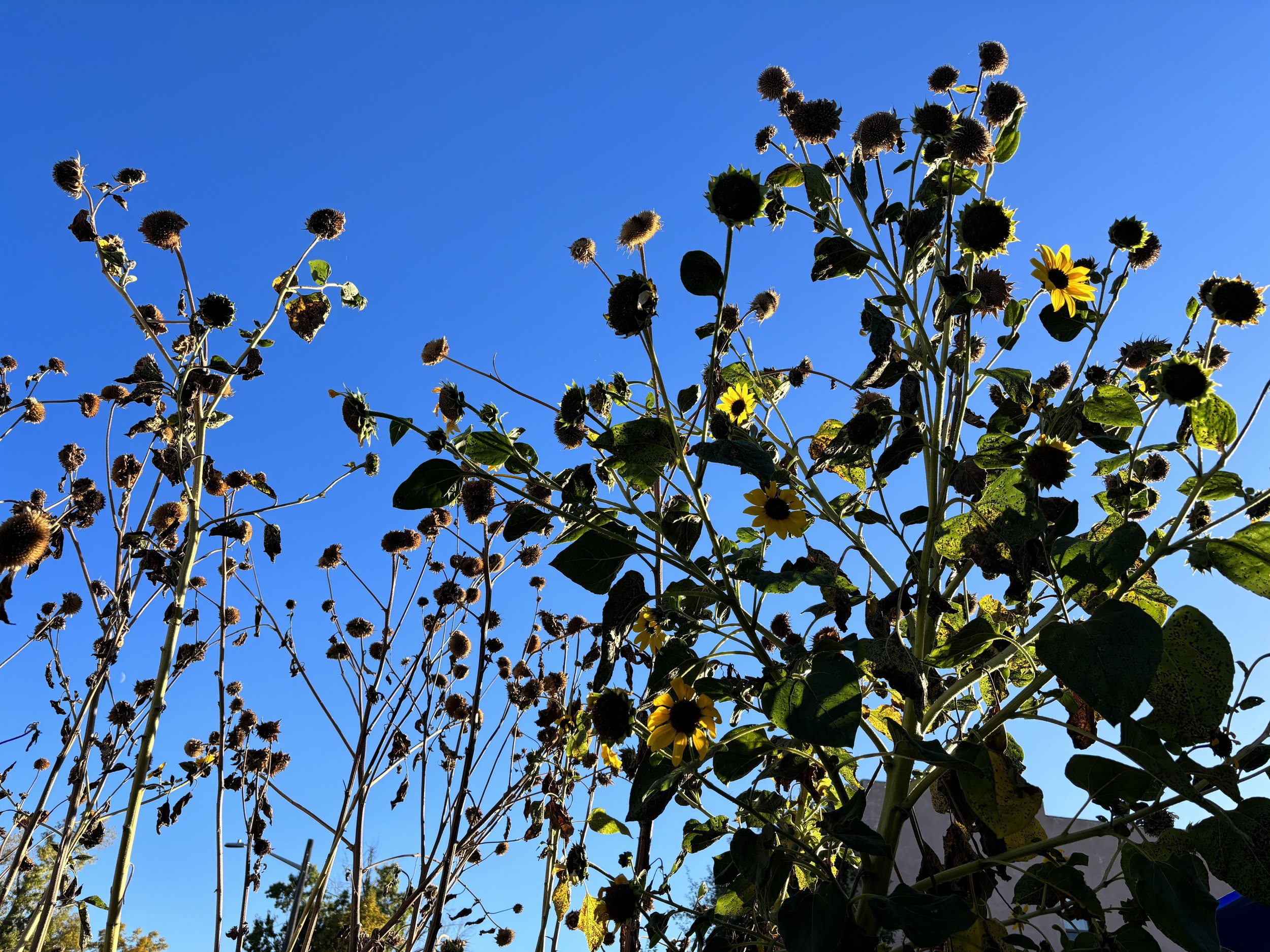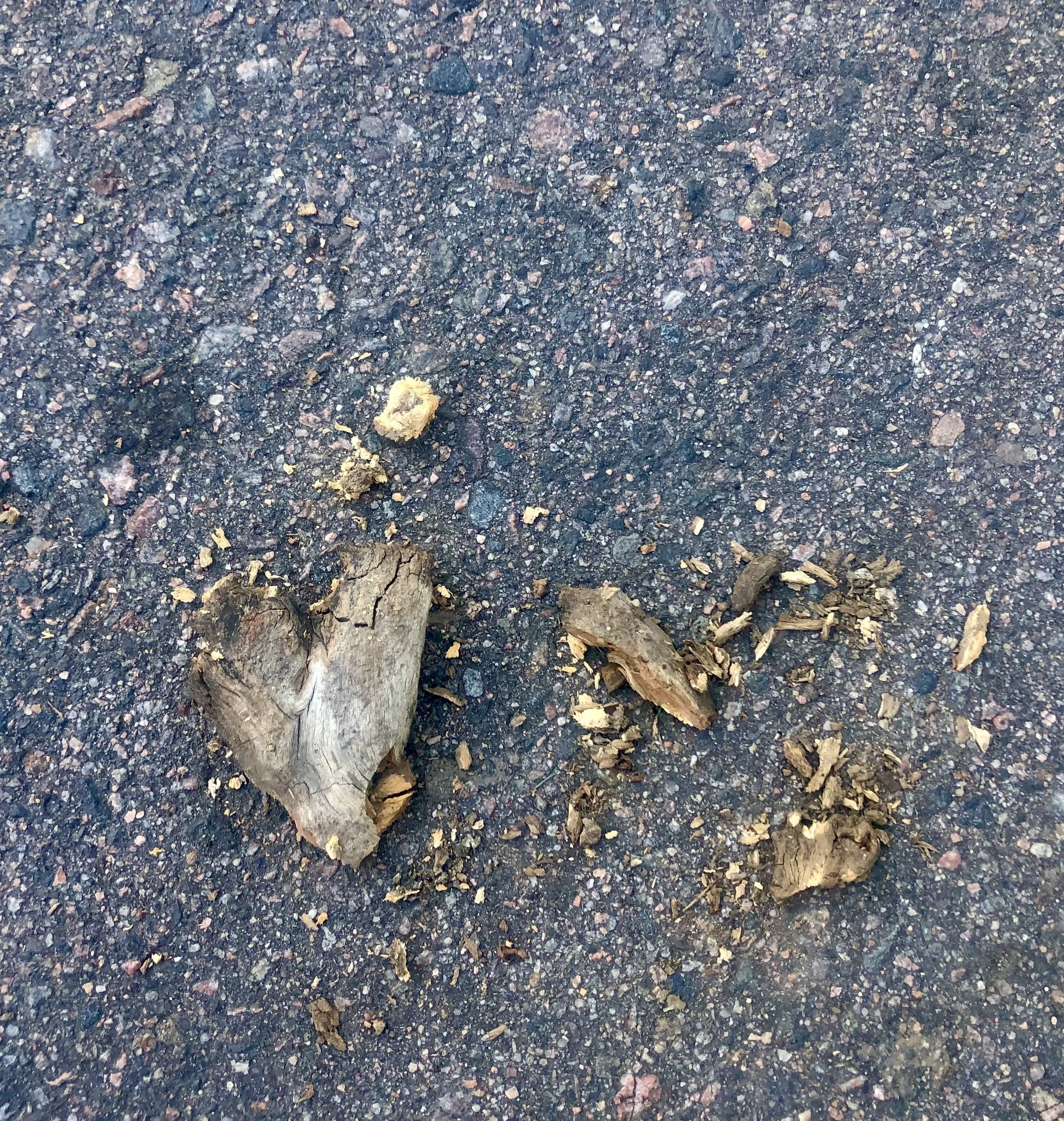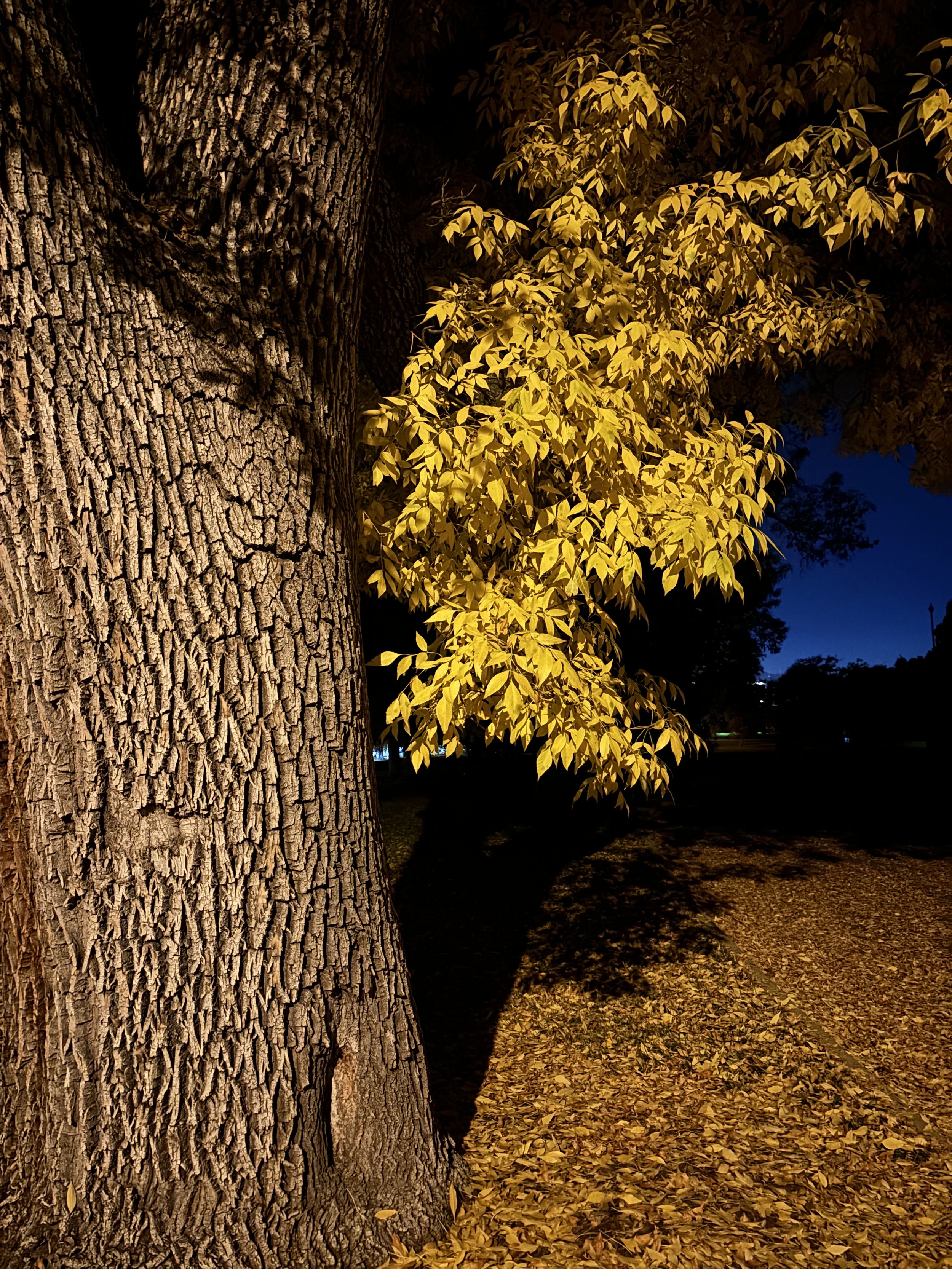Hope in Tongues
I’ve always been fascinated by language and languages. My early diary entries were written in a sophisticated code, wherein each letter was represented by another letter. I grew up in an American family very typical of its place and time: only English was spoken -- but I was drawn to languages, and to ‘otherness’ in general. I befriended the kids at school who spent part of their day in English as a Second Language class, and wore interesting shoes or barrettes. I listened with fascination as my Saudi neighbor friend cursed at her brothers in Arabic. I have portions of Bar and Bat Mitzvah ceremony prayers committed to memory. My child perspective did not include awareness of what was correct or political. Difference was exotic and relatable, at once.
I spent a lot of time across the street, at my best friend Nicky’s house. Nicky’s parents and grandparents immigrated from Cuba in the late 1960s. Their house featured dark Spanish-style wood furniture, hanging textiles, arresting house plants, and the distinct absence of adult supervision. Her father had left, her grandparents died — and her mother worked as a mortgage broker in the days when most transactional jobs still required daily presence in a central office.
Brought to life by his passion for watching and tracking the statistics of televised sports competitions, her older brother Rene could often be heard shrieking hysterically from his bedroom. Otherwise, Nicky’s house offered almost unbridled freedom. They also had snacks unlike anything that existed at my house: potato chips, Goya cookies, and savory galletas Cubanas -- which I found extraordinary and delicious. Her mother threw parties from time to time – their living room and upper and lower decks filled like a cocktail tumbler with an intoxicating mix of cigarette smoke, merengue music, and men wearing cologne. I was beguiled by this infusion of sabor to the Saltine blandness and superficially good behavior that characterized the suburban Portland housing development where we grew up in the early 1980s.
Nicky’s house was an incubator for creativity: we choreographed routines to songs from Wham! “Make It Big” and Madonna’s “Madonna” album. We founded and developed at least one imaginary business, The Hayes Modeling Agency – inspired by Maddie Hayes from “Moonlighting,” as well as our neighbor, Jack Guy. Jack was in his 20s, drove a red convertible, and modeled underwear for JC Penny. We rang the Guy doorbell from time to time, hoping for a Jack-sighting. He was never around. His mom, Mrs. Guy, usually answered the door in her bathrobe -- and upon being presented with a handful of dandelions, would reach into the candy bowl. We walked away contented with our sweet consolation prize. I wanted to believe it was Jack’s loss – but who was I fooling? I was ten: skinny, all limbs, reasonably intelligent, but not cute. . . at least not in the agreeable-oatmeal sort of way. My self-doubt nothwithstanding, had Jack been named Rolando or Pepe — and had he been dancing merengue with a cigarette hanging out of his mouth — our love would have been non-negotiable.
Nicky’s mom insisted that I’d spoken Spanish since I was four – the eldest generation in their home didn’t speak English, and children have highly absorbent brains. My interest in speaking Spanish was revitalized when I became an adult. I’d lived in Italy and spent time in Russia – but Español always felt closest to home. My pursuit of language mastery has been motivated by a drive to connect – and to connect by expressing myself with style. I wanted to be skillful when relating with gentlemen of Latin descent – thus I learned words like ‘betrayal,’ ‘hooked,’ ‘fooled’…all staples of my vocabulary in both Spanish and Italian. These days, I’m motivated by a desire to communicate insight — though I’m not convinced that insight is always best conveyed in words.
Drawing by Saiman Chow
Following the eruption of Mt. St. Helens in 1980 – and before we grasped the principles of supply and demand – Nicky and I held an ash sale. We collected from the several inches of volcanic ash that blanketed the streets of our neighborhood and rang our neighbors’ doorbells, offering what was already theirs for a nickel a bag. Funtime Daycamp was our most lucrative venture, several years after the eruption. For three summers in our ‘tweens, we entertained the younger neighborhood kids with nature walks, theatrical productions -- and usually completed the week-long ‘session’ with some sort of wearable creation involving fabric paint applied with hands, feet and potatoes. Nicky and I each walked with a few hundred dollars, and the knowledge that we had the capacity to make something happen.
The word ‘esperanza’ in Spanish means both ‘hope’ and ‘waiting.’ It makes sense that these two meanings live like twins inside the womb of ‘esperanza,’ an incubator for the future. To hope involves a great deal of waiting – and waiting implies that hope exists. This is why hope is precarious: if we were not waiting, we would have to reckon with the present. What could we possibly do but live in our mess? Nevermind that the world is on fire as it cascades into the sea. Nevermind that democracy in America is being slow-roasted over the incandescent coals of women’s sovereignty — to the extent that sovereignty ever existed. Nevermind that despite the world’s innumerable tongues and tools, we wander directionless. Truth - limitless and vast - continues to be a pathless land. Krishnamurti also said that even the act of naming something robs its vitality, makes it small. To define something is a narrowing.
What Nicky and I didn’t realize is that we were peddling a kind of promise: volcanic ash is fertile soil - because it is young, and because it retains the nutrients that existed in the original rock.
And so we move through the world: saying words, watching things explode — collecting ash in sandwich bags, selling it door to door.





